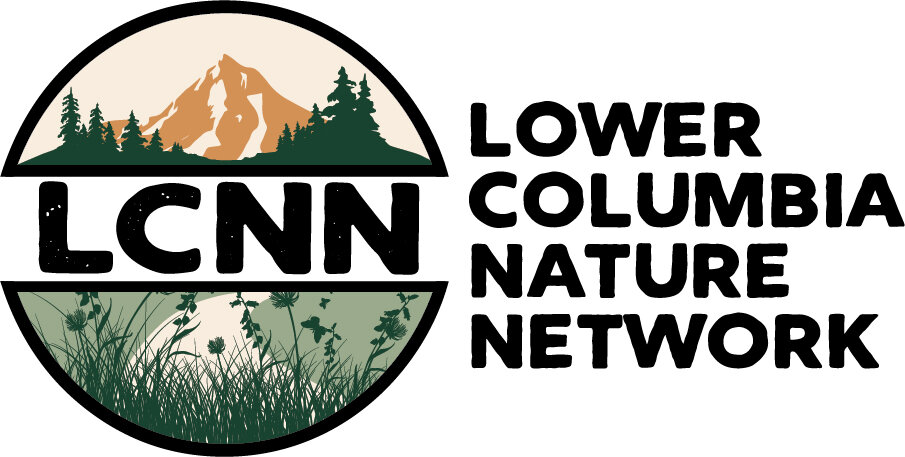The forests of the Northwest have adapted to periodic fires over thousands of years.
We have seen more frequent, larger, and hotter wildfires in recent years. How did this happen, and what can we do about it?
The Fort Vancouver Regional Library presents Rebecca Lexa, author of The Everyday Naturalist.
This event is available in-person and online. If attending virtually, click on the following link at the time of the event: https://meet.google.com/snh-cwrj-cbd. Or dial: (US) +1 262-394-3203 PIN: 972 689 633#
Library events and programs are open to the public and provided at no cost. Special accommodations may be requested using our Disability Accommodation Request Form no later than 15 days prior to the event.
Los eventos y programas de la biblioteca están abiertos al público y se brindan sin costo. Se pueden solicitar adaptaciones especiales utilizando nuestro formulario de solicitud de adaptaciones para personas con discapacidades (en inglés) hasta 15 días antes del evento.
___________________
About The Everyday Naturalist. . .
If you've ever consulted a field guide to identify a new bird at your feeder, you know the process isn't as easy as it sounds. In fact, it seems like you have to know a lot about that mystery bird to even figure out where to start.
The Everyday Naturalist fills in the gaps by explaining what traits to pay attention to when encountering a new species; how and when to use field guides, apps, and other resources; what to do if you get stuck; and more. Rather than focusing on one region or continent, these skills and tools are designed to help you classify nature anywhere you are—whether on familiar territory, traveling, or in a new home.
In chapters about animals, plants, fungi, and organisms like lichens and slime molds, naturalist and guide Rebecca Lexa goes into detail about what sets each of these kingdoms apart from each other—from color, shape, and texture to reproductive characteristics, behavior, and habitat—and includes more than forty full-color photos and drawings to illustrate key points. She also provides detailed case studies to demonstrate how to use all of these traits to identify specimens across multiple kingdoms.
This easy-to-follow guide empowers you to learn more about the species around you, then use what you know to preserve the world you love. And at a time when biodiversity is imperiled worldwide, nature needs more advocates than ever.
Praise for The Everyday Naturalist. . .
"A thorough, easy-to-follow guide to wildlife identification techniques for amateur naturalists seeking to better understand and identify the biodiversity around them."
—Library Journal
Rebecca Lexa is a certified Oregon Master Naturalist, registered Oregon Outfitter Guide, and a writer and educator in the Pacific Northwest. She has a master's degree in counseling psychology with a certificate in ecopsychology, the psychology of how we connect to the natural world. She specializes in helping everyday people learn skills and tools for identifying the animals, plants, and fungi around them and gaining a deeper relationship with nature.
